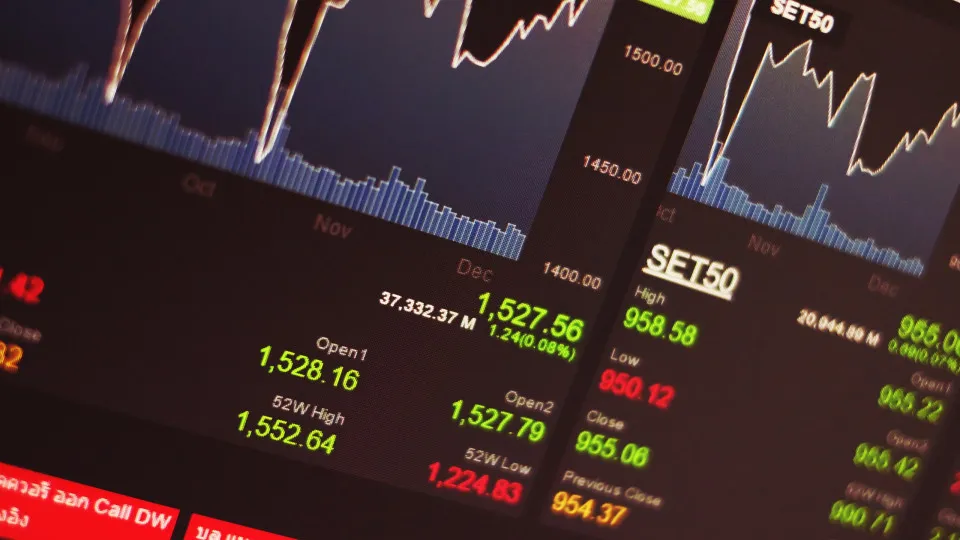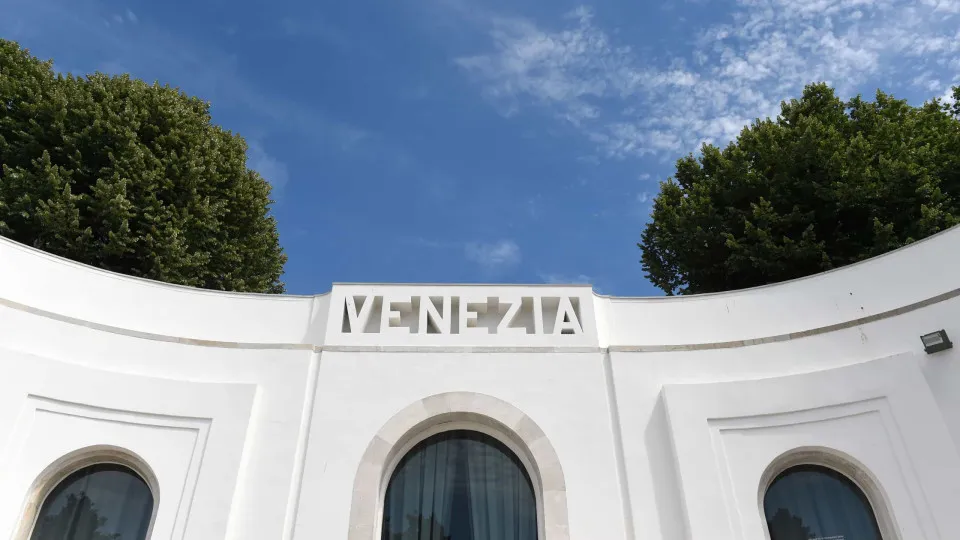
“The high level of debt in African countries will limit financial flows to covering debt service in the coming years,” stated Álvaro Santos Pereira at the opening of the XXXV Meeting of Portuguese-speaking Central Banks.
“Debt service costs are at historically high levels, and fiscal space is shrinking faster than in other developing economies, compounded by an uncertain environment, abrupt changes in global policies, and reduced aid from major donors,” added the former Economy Minister.
This situation, he concluded, “will further limit the region’s access to financing, with flows being restricted to covering debt service in the coming years,” so they “will have to undertake fiscal consolidation while implementing structural reforms.”
For Álvaro Santos Pereira, the financing access difficulties underscore the “absolute necessity of working more on debt management, to place debt on a downward trajectory and avoid the risks of over-indebtedness.”
In the report presented today on the Evolution of the Economies of Timor-Leste and the PALOP 2024-2025, the Banco de Portugal warns that “in the absence of improved financing conditions and an increase in financial flows to the region, several countries will likely struggle to refinance existing debt or obtain new resources under sustainable conditions, turning current liquidity pressures into solvency crises.”
The document also highlights that “in the current international financial environment, the combination of restrictive financial conditions, currency pressures, and high financing costs threatens to fuel a vicious cycle of indebtedness, insufficient investment, weak productivity, and endemic poverty.”
According to the ‘Africa Pulse’ report released by the World Bank last week, the number of countries in ‘debt distress’ rose from eight in 2024 to 23 this year, representing about half of the sub-Saharan African countries.
The latest report on Africa, published by the United Nations Economic Commission for Africa (UNECA) at the end of March, also stated that one of the region’s main issues is the high level of public debt, which limits investments in infrastructure necessary for economic development.
Public debt in Africa is expected to decrease from 62.5% last year to 62.1% this year, after reaching 67.3% in 2023, but this decline is not enough to eliminate the debt crisis facing many countries in the region, according to the UN.
“Despite the slight drop, debt levels are still high and comparable to those recorded before the debt relief initiatives of the mid-2000s,” reads the Economic Report on Africa (ERA), released following the conference of African finance ministers held in March in Addis Ababa, Ethiopia.
The cost of servicing debt is projected to reach $163 billion, a 12% increase over the previous year, UNECA noted, emphasizing that although 2024 marked the year of highest payments, “the amounts will remain well above pre-COVID-19 pandemic levels in the short and medium term.”




